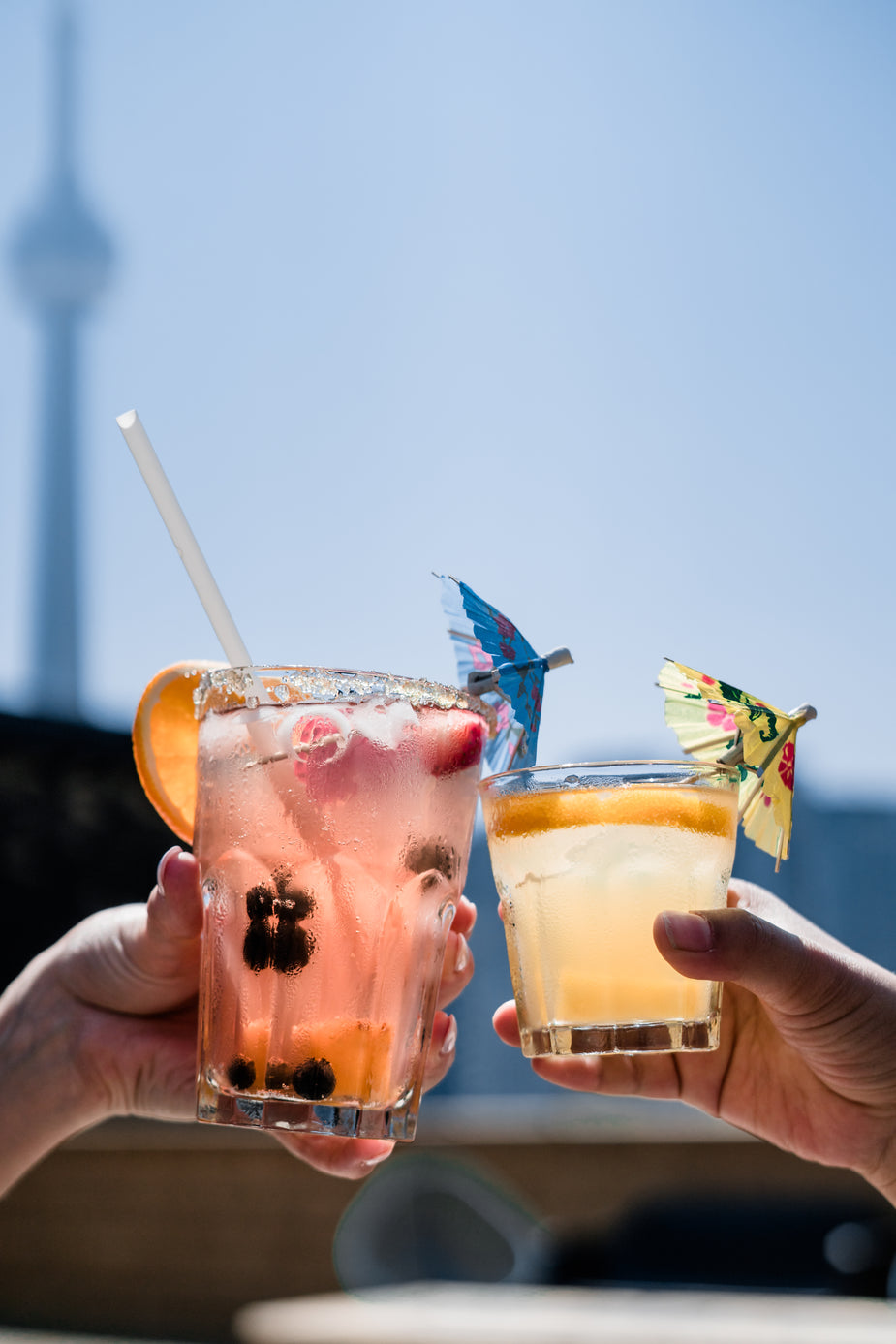
Interactions between CBD and Alcohol
Share
Interactions between CBD and Alcohol:
Cannabidiol (CBD), a phytocannabinoid that does not pose a risk of addiction and is considered non-psychoactive and non-dangerous by the WHO (1), has potential therapeutic effects on a wide range of disorders.
Recently, several studies have shown potential effectiveness in epilepsy, with few side effects (2,3).
In 2018, the CBD drug Epidiolex® was approved by the FDA (Food and Drug Administration) in the United States to treat two severe forms of pediatric epilepsy, Dravet syndrome and Lennox syndrome. Gastaut.
CBD has also been used off-label for a variety of indications, including chronic pain, muscle stiffness, inflammation, anxiety, smoking cessation.
A randomized study was carried out to study potential interactions between the consumption of CBD (cannabidiol) and alcohol (4).
Double-blind placebo tests were carried out on healthy volunteers, according to the following combinations administered orally:
- CBD (200mg) + alcohol (1g/kg)
- Alcohol (1g/kg)
- Placebo
- CBD (200mg)
The parameters measured were motor performance tests, cancellation and differential aptitude tests (psychomotor performance), a production task over a period of one minute, cognitive effects (semantic differential of 66 pairs of adjectives), subjective tests and breathalyzer estimates and blood alcohol levels.
Compared to placebo, alcohol as well as alcohol + CBD, but not CBD alone, produced significant alterations in motor and psychomotor performance, overestimations of time production, and subjective responses indicating accurate self-perception of their intoxication and their deficits.
The combination of alcohol + CBD resulted in significantly lower blood alcohol levels compared to alcohol administered alone, although few differences were observed between the pharmacological effects of the two alcohol levels.
In conclusion, this study demonstrated a lack of impact of CBD on motor and cognitive performance and abilities, which also extends to its interaction with alcohol.
Another study (5) carried out under relatively similar conditions concluded that the alcohol – CBD combination was equally harmless.
No demonstrable effects of CBD, alone or in combination with ethanol.
Previous administration of CBD did not significantly affect blood ethanol levels. Although subjects were able to correctly identify when they received ethanol, they reported no subjective effects of CBD.
In 2013, a study carried out on animals (6) shed light on a new aspect of CBD. It would actually protect against certain harmful side effects of alcohol, notably neurodegeneration.
Thanks to a test carried out on animals, researchers were able to see that CBD had reduced the neurodegeneration caused by alcohol consumption by more than 50%.
In 2014, a new study (7) revealed that CBD protects against fatty liver, a liver disease caused by alcohol. To do this, CBD would prevent liver damage from forming. Even if this disease can be treated with traditional drug treatment, CBD could prevent it.
Studies that have investigated the interactions between CBD and alcohol are few in number to date. However, certain elements have been highlighted which allow us to consider positive actions of CBD in interaction with alcohol.
However, we must keep in mind that alcohol consumption is dangerous, especially if it is regular.
Consuming alcohol every day is extremely harmful to your health.
1 Summary of the WHO report of December 19, 2017 on Cannabidiol.
https://www.who.int/en/news-room/questions-and-answers/item/cannabidiol-(compound-of-cannabis)
2 Devinsky O, Cilio MR, Cross H, et al.
Cannabidiol: pharmacology and potential therapeutic role in epilepsy and other neuropsychiatric disorders.
Epilepsy.2014;55(6):791-802.
3 Campos AC, Fogaça MV, Sonego AB, Guimarães FS. Cannabidiol, neuroprotection and neuropsychiatric disorders.
Pharmacol Res 2016;112:119-127.
4 Consroe, P., Carlini, EA, Zwicker, AP, & Lacerda, LA (1979).
Interaction of cannabidiol and alcohol in humans.
Psychopharmacology, 66(1), 45-50.
5 Belgrave, BE, Bird, KD, Chesher, GB, Jackson, DM, Lubble, KE, Starmer, GA, & Teo, RKC (1979).
The effect of cannabidiol, alone and in combination with ethanol, on human performance.
Psychopharmacology, 64(2), 243–246.
6 Daniel J. Liput, Dana C. Hammell, Audra L. Stinchcomb, and Kimberly Nixon Transdermal Delivery of Cannabidiol Attenuates Binge Alcohol-Induced Neurodegeneration in a Rodent Model of an Alcohol Use Disorder
Pharmacology, Biochemistry and Behavior, 2013, 111, 120–127.
doi: 10.1016/j.pbb.2013.08.013
7 Yang L, Rozenfeld R, Wu D, Devi LA, Zhang Z, Cederbaum A.
Cannabidiol protects liver from binge alcohol-induced steatosis by mechanisms including inhibition of oxidative stress and increase in autophagy.
Free Radic Biol Med 2014;68:260-267.
